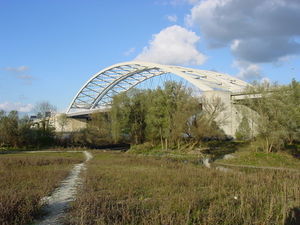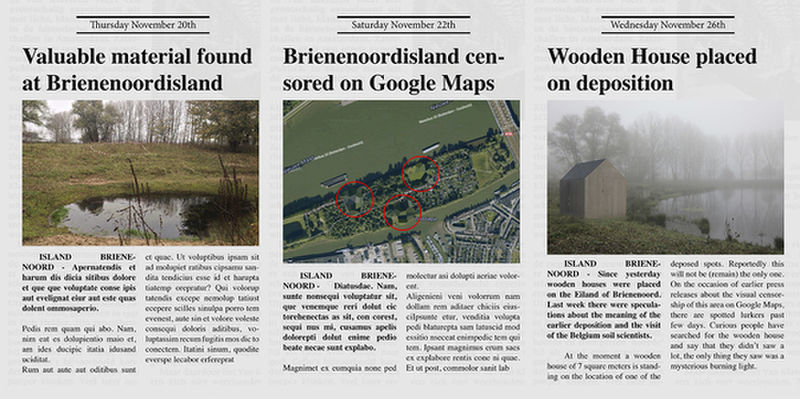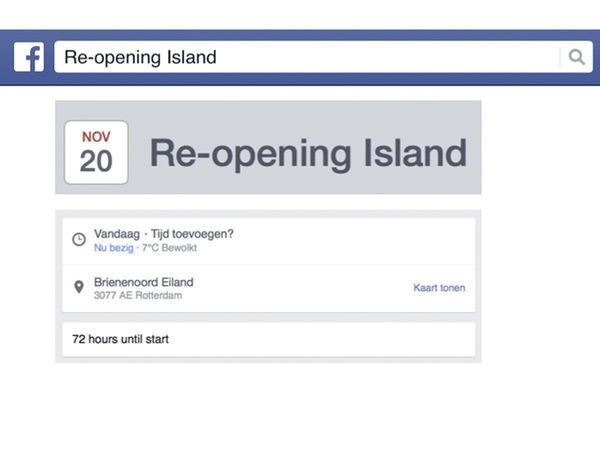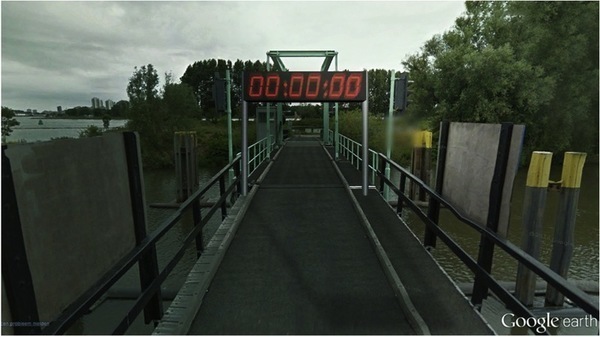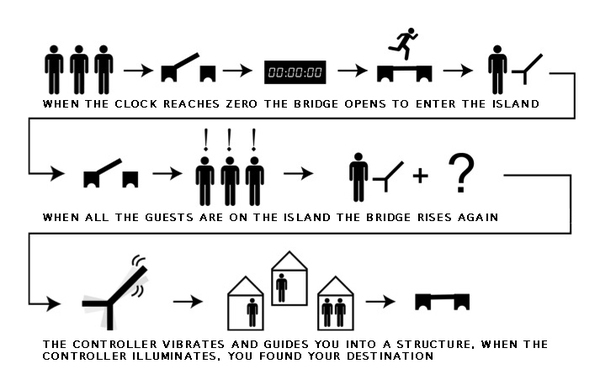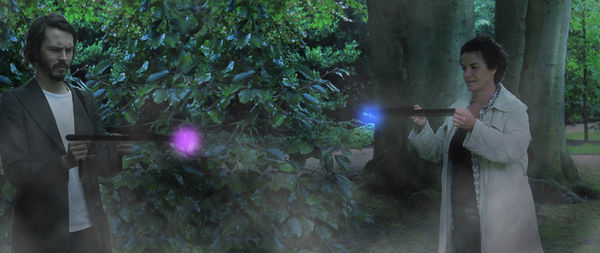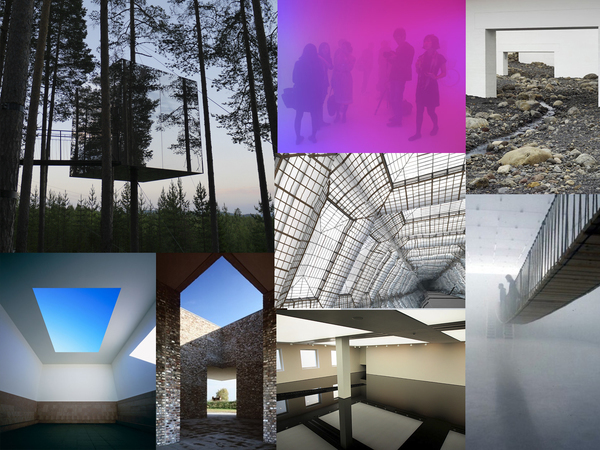Difference between revisions of "Eiland van Brienenoord"
| Line 152: | Line 152: | ||
[[Category:Civic_Economy]] | [[Category:Civic_Economy]] | ||
[[Category:Proposals]] | [[Category:Proposals]] | ||
| − | [[Category: | + | [[Category:02_Edit_Me]] |
[[Category:Bottom-up]] | [[Category:Bottom-up]] | ||
[[Category:Failures]] | [[Category:Failures]] | ||
Revision as of 15:18, 7 December 2014
Contents
THE CIVIC ECONOMY MASTERCLASS
Hosted and guided by Isaac Monté (Sweatshop Deluxe) and Maurice Specht (De Makers van Rotterdam)Organised by Jessica Bergmann (Pink Pony Express)Location: Clubhouse “De Arend en de Zeemeeuw”[1], Eiland Van Brienenoord 5 (Van Brienenoord Island[2]), Rotterdam.
In many cities, we are increasingly witnessing the emergence of new forms of ownership: the consumer society is turning into a civic economy. In recent years in Rotterdam, a number of social initiatives and subsidy-free enterprises have been founded, such as Hotspot Hutspot, Leeszaal West and Sweatshop Deluxe. What are the possibilities offered by these new initiatives for the development of new business models?
A public ‘free haven’ for the civic economy Citizens’ collectives are expected to more or less independently tackle social challenges. Often this work is done by people who just happened to be there. They do the best they can, which is often enough. But where can they go to develop their competences and insights? What kind of infrastructure would it take to help them? In this master class, you will be developing a free haven for ‘makers’ and ‘doers’. The focus is on solving social issues through social, cultural and artistic interventions.
De Makers van Rotterdam[3] and Sandersgeluk are currently managing the clubhouse ‘De Arend en de Zeemeeuw’ on Van Brienenoord Island. They plan to use this location for their offices, and more importantly as a public ‘free haven’ with a tremendous potential: a place where the powers of social and cultural imagination are brought together. This location will serve as our real-world case, as well as the work location for this master class. The managers of the clubhouse will be your hosts and guest experts. They are still in the early stages of this process, therefore the questions they will be proposing are still broad and general. They are looking for people with imagination: that’s you. The question they are asking is: how do you picture the ideal ‘free haven’, where the civic economy can be developed? And what are the relevant creative business models?
The clubhouse ‘De Arend en de Zeemeeuw’ on the romantic Van Brienenoord Island will become your inspiring work environment for one week.
Additional information:
De Makers van Rotterdam sees it as its mission to identify and strengthen social entrepreneurship in Rotterdam, and to stimulate discussion on the subject. The team consists of a philosopher, a public administrator and a cultural programmer.
Makerscollectief Sandersgeluk[4] puts together social projects in the broadest sense of the term, and consists of a theatre producer, a visual artist and the same cultural programmer mentioned above.
Sweatshop Deluxe[5] is a Rotterdam-based design label with its own production workshops. The label provides young designers with an opportunity to manufacture their designs. Sweatshop Deluxe stands for Design with a capital D, manufactured according to social principles. Each Sweatshop Deluxe product is unique: hand-made, in limited editions, and designed by promising young designers. The products are manufactured by people who are otherwise unable, for a variety of reasons, to participate in the regular labour market. Sweatshop Deluxe uses wherever possible sustainable or recycled materials.
Vastgeroeste bedrijven en organisaties zitten in een tunnelvisie en proberen hun problemen op te lossen met oude methodes. Organisaties moeten soms toegeven dat ze de oplossing niet weten, ook al maakt dat het ongemakkelijk voor henzelf. Juist door het proces van probleemoplossing open te stellen en samen te twijfelen kunnen we tot nieuwe methodes komen voor het aanpakken van problemen. Door te twijfelen maak je het probleem veel groter en diverser wat leidt tot ruimte voor meer inzichten en invalshoeken uit verscheidene disciplines.
assignment
Maurice Specht heeft de sleutel gekregen tot het eiland van Brienenoord. Verzin een toepassing voor het eiland zonder dat het het eiland schaadt.
Creeër een vrijplaats voor denkers (en doeners) rondom de stad.
concept
Op het Eiland van Brienenoord[6] wordt ruimte gemaakt voor twijfelaars. Je mag op deze plek twijfelen aan alles. Je stelt jezelf op in een kwetsbare positie op het eiland, zonder dat het je hier schaadt. Er ontstaat een vertrouwelijke band en meer respect voor elkaar. Dit staat in contrast met een stedelijke omgeving, waar je niet mag twijfelen. Je moet normaal gesproken altijd een keuze maken. In onze maatschappij staat twijfelen voor zwakte terwijl het een krachtig middel kan zijn. Er ontstaat door twijfel mogelijkheid voor experiment. Een twijfel kan je nieuwe inzichten geven met betrekking tot de aanpak van problemen. Door het combineren van kennis van mensen uit verschillende disciplines kan je de huidige oplossingen voor bestaande problemen in twijfel trekken. Vervolgens kijk je samen naar een oplossing voor het daadwerkelijke probleem. Kennis is macht, twijfel is kracht.
Het jaar van de twijfel
Binnen het jaar van de twijfel gaan we in drie stappen te werk. We willen een zo breed mogelijke doelgroep bereiken van onder andere zakenmensen, creatieven, politici, bouwvakkers, wetenschappers. Het doel is hierin om deze brede groep elkaar te laten ontmoeten en hier het delen van kennis uit te laten voortvloeien met twijfel als middel.
Stap 1: Press releases
Door de mysterie en onbekendheid van het eiland te gebruiken willen we vanuit dit principe een Hype creëren die brede doelgroepen gaat aantrekken. Door het bedenken van een urban myth behouden we het mysterie van het eiland en laten we mensen vrij interpreteren wat er gaande is. We verspreiden persberichtingen om in te spelen op nieuwsgierigheid. In het eerste persbericht wordt waardevol materiaal gevonden op het eiland. Het vinden van waardevol materiaal staat symbool voor het ontdekken van de waarde van twijfel. De opeenvolgende persberichten zorgen voor meer mysterie rond de mythe van het eiland.
Stap 2: Kick-off
De tijd tikt langzaam weg. Wanneer de klok 00:00:00 bereikt zal de brug na beneden gaan. De deelnemers kunnen nu het eiland betreden waarna de brug weer omhoog zal gaan waardoor niemand het eiland kan verlaten.
The game begins! Iedere deelnemer kan een controller bemachtigen die hangen aan de brug. Via deze controllers beantwoord je de vragen die over het eiland uitgezonden worden.
Wanneer je verschillende antwoorden hebt gegeven leidt de controller je naar een plaats op het eiland doormiddel van trilling. Je hebt je bestemming bereikt wanneer de controller oplicht. Op deze plaats zal je andere deelnemers ontmoeten en verschillende experts.
De twijfel objecten dragen bij aan steeds een andere context voor twijfel te generen. Er wordt geëxperimenteerd in de vorm waarin je gaat twijfelen en de gebouwen dragen daar aan bij. Dit zou een damp wolk kunnen zijn,
English The time is ticking away. When the clock reaches zero the bridge opens to enter the island. When all the guests are on the island the bridge rises again. The game begins!
Everybody gets a controller, which makes it possible to answer different questions being announced over the whole island. After answering a few questions the controller leads you into a certain direction. The controller vibrates guides you into a structure, when the controller illuminates, you found your destination.
Different structures were built on the island as a metaphor for different kinds of doubts. Physical dynamic structures that changes form to accommodate different kinds of doubt.
Step 3: program
Within this year of doubt, we will look at doubts that we think are or should be important;
Economy
We’ve all experienced what the consequences of not doubting within economics have caused our society. Together with economic experts we question modern day economics, to obtain new insights;
Themes could be: value, sharing, scarcity and inequality.
Ecology
The van Brienenoord-eiland’s nature might be beautiful, but it’s also very much disturbed by the city’s industry; the ground looks grayish, the ponds have minimal current, the flora isn’t very vital and you can see it’s soil is polluted because of the many blackberry-bushes trying to heal it.
There’s no doubt our society has environmental issues; Is there for example a way we can cleanse this island and also win insights how to change our society’s ecology? Can we use the eco-systems that are present on this island to do so? Or do we need elements from outside the island?
Together with van Brienenoord-eiland’s own forester and various ecologists we will rethink the ecology of our society.
Relations
When you think about doubt in relation to relationships, you ought to think there’s something wrong. But because of it’s reflective function, doubt can be very powerful within this context; And in order for relationships to grow and strengthen, you will very much need it.
Expressing your doubts within any kind of relation can be hard, it can result in very emotional situations. Can accepting doubt make expressing and receiving doubts more bearable?
Science
There’s been a lot of scientific research by different scientists on similar subjects, with different outcomes. This makes us non-scientists who expect science to be the truth doubt if it is. Is this expectation always realistic?
There’s no doubt scientists strive for certainty and answers, but the road towards it must be full of doubt. We think scientists and non-scientist should get together and doubt about what science is and what to expect from it.
Business Model
In order to develop towards an autonomous think-, make- and workplace for and about the future of the city; We need a business plan. As guidelines for this future plan, we had te following ideas:
- Extreme cost-reduction: No alarm, no insurance, no electricity, etc.
- For the exploitation budget, not to be dependent on external funders. We can make profit from renting the location to external parties
- The office can be ran by a limited amount of people
- “Artist/writer/thinker in residence”-program: in exchange for rent these people can work/live on the island
- For the cultural an substantive program we will request cultural subsidies and/or fundings
- Develop our own products, that create a modest amount of money
- To function as a breeding place for new civic entrepreneurs; The start-ups have a lasting investment in the island
- Summer-weekends with catering
Minder succesvolle voorbeeldprojecten The Civic Economy
Apple
Apple is een multifunctioneel Amerikaanse corporatie die consumentenelektronica produceert, zoals computers, mobiele telefoons en online services. Hoewel ze overwegend succesvol zijn geweest hebben hun productie-methoden waar enorme hoeveelheden harde arbeid heeft gekost tot veel kritiek geleid. Apple heeft veel kritiek gekregen voor het gebruik van slavenarbeid, vernietiging van het milieu, en onethische praktijken als gevolg van de methode die zij ondernemen om elektronica te produceren.
Het voormalige systeem van de Apple producten was open en sleutelbaar. Normaal kon men aan zijn/haar eigen apparaat sleutelen. Tegenwoordig worden de Apple apparaten zo geproduceerd dat het systeem hermetisch gesloten is. Levensduur van apparaten wordt bijvoorbeeld veel korter dan eerst, en dat alleen om economische redenen. Voor meer informatie, zie http://en.wikipedia.org/wiki/Criticism_of_Apple_Inc.
The Highline, New York
Doubters inc.[7]
Doubters incorporated geeft een podium aan twijfelaars.
- Carli Schenkeveld
- Otske Pennin
- Gabriëlla Meijer
- Kai Chung Ip
- Lou Muuse
- Jessica Hammarlund Bergmann
- Maurice Specht
- Wessel van den Berge
- Dennis Wuisman
- Maarten van Blokland
- Isaac Monté
- Liza Koch
- Natascha Goed
- Tabo Goudswaard
- Sabrina Lindemann
- Miek Walda
- Hanako Lodder
